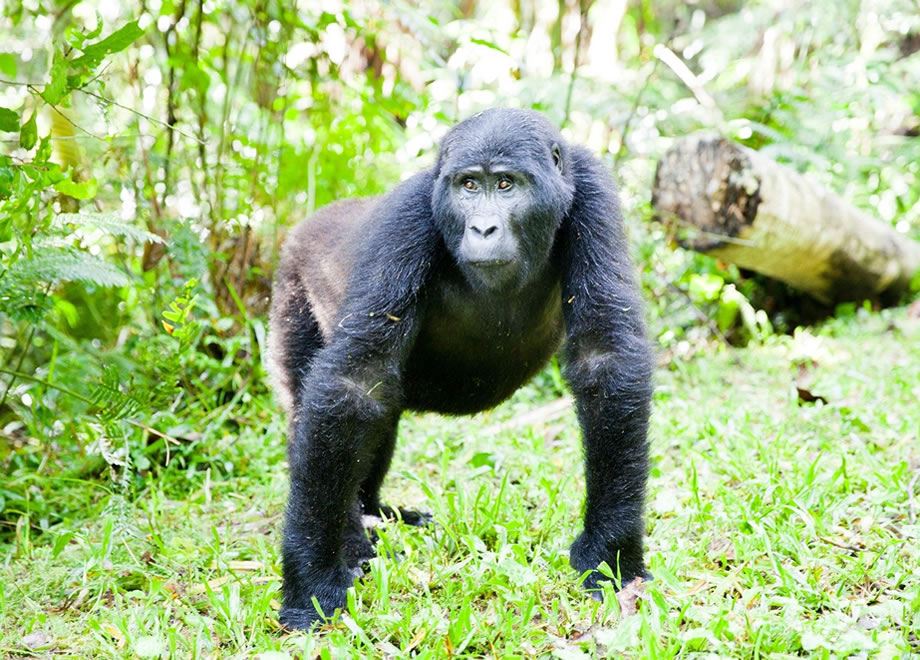We are sharing and revisiting here the outcome of our annual retreat held last June in Kibuyie, Rwanda. We organize this event at the end of each fiscal year to provide an opportunity for stepping back from the daily pressure of work, to take a fresh look at our progress and achievements and to share experiences and viewpoints among the colleagues of CARE and IGCP teams in Rwanda and Uganda.
This year our retreat came in the steps of the Mid Term Review of the programme: that study, conducted in October-November 2009, provided us with an external opinion on our achievements and strategy and guided us on refocusing what we shall do during the second half of the programme.
Therefore, this year we decided to focus our annual reflection on how we do things, rather than on what we do. We considered that how we do things has profound implications on the sustainability of what we do. Most of our work aims at establishing local capacity and cooperative efforts among a range of parties. In the end, the quality and sustainability of these cooperation activities will determine the programme’s impact.
At at workshop, we carefully considered those attitudes and skills, which are required to establish and raise effective collaborations with partners and beneficiaries. Assessing these aspects may be elusive: most project monitoring deals with measuring quantitative progress towards agreed targets. On the other hand, the quality of relationships is as important as difficult to grasp in most monitoring systems.
We considered both collaboration at institutional level (i.e., with counterparts and partners) and relationships with the beneficiaries that our programme intends to target (that is the poorest and most marginalized sections of the rural population living around the parks). To structure our assessment, we specifically discussed three aspects of our work:
- Equity: how should we assess whether our activities enable real participation and involvement of stakeholders, through community empowerment, dialogue, knowledge sharing and promotion of accountability?
- Partnerships: how should we assess whether the partnerships we are working through and supporting, are solid and effective?
- Conflicts: since conflicts always exist among stakeholders or may be unintentionally created, how do we mitigate this risk in our work?
We explored our strengths and weaknesses across these three critical questions. We agreed on how to approach and answer them and formulated a set of indicators for each. We reviewed the evidence from our past work: we confirmed the extent of adoption of these approaches thus far, across the four themes of our work (enterprise, natural resource management, community empowerment, transboundary collaboration). The indicators will also help us assess our future progress under this light.
In the end, we identified tangible steps we need to take across our activities in the next phase, to ensure that we adhere to those three principles or approaches. These adjustments will be key factors to strengthen our capacity to produce impact with our work in the remaining phase of the project.
